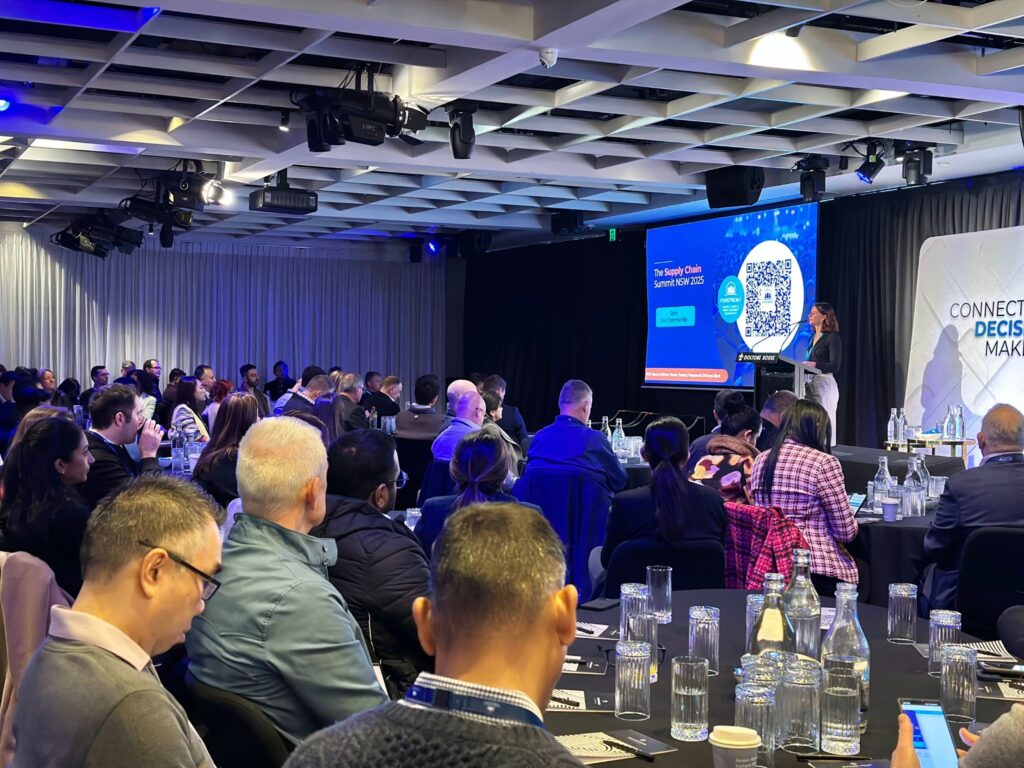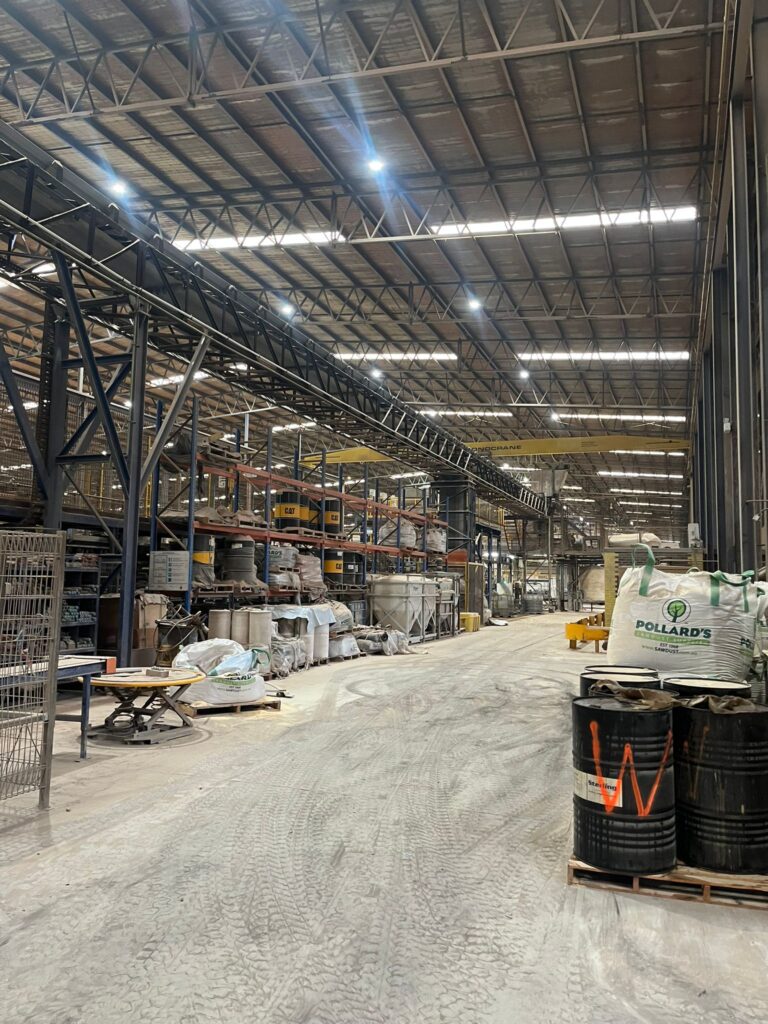Inflation and market pressures are reshaping the retail landscape, demanding innovative approaches to thrive. For retail businesses, unlocking productivity across operations isn’t just a survival tactic—it’s a strategic advantage. The key lies in embedding productivity initiatives into the culture of the operations, ensuring sustained improvement and long-term competitiveness.
The Competitive Edge
By cultivating deep operational excellence capabilities at every level—from the executive suite to the front line—businesses can unlock transformative value.
In our experience, operational excellence programs delivering measurable improvements across retailers balanced scorecards:
Customer satisfaction: +7%
Sales: +25%
Market share: +2.2%
Shrinkage: -15%
Stockouts: -21%
Costs: -15%
Working capital: -22%
These numbers underscore the tangible value of investing in productivity initiatives and turning challenges into opportunities for growth.
Why Productivity Matters More Than Ever
Inflation drives up costs across the board—from sourcing goods to delivering customer experiences. A productive operations team not only minimizes waste but also ensures that every dollar and every hour is creating maximum value. In a competitive market, those who do more with less—and do it better—win.
Productivity isn’t just about cutting costs; it’s about unlocking resources for growth. By improving efficiency, businesses free up resources (time and money) that can be reinvested into strategic priorities such as pricing, promotional activities, product development or even store refurbishments. This approach forces leaders to make deliberate decisions about where to channel these newfound resources, ensuring they drive the most value for the organisation.
Start Where It Matters: The stores
Transforming productivity often begins in the stores for two key reasons:
- Cost base: most retail costs in stores, including product and labour. This will likely ensure the biggest return on the time and effort invested to identify and eliminate waste.
- Insight into opportunities: stores reveal the most pressing issues, such as slow-moving goods, stockouts, congestion versus flow. By addressing these topics at the store level, businesses can improve financial performance, whist positively impacting customer experience.
By starting with inefficiency in stores, retailers can uncover root causes and implement changes that resonate throughout the entire supply chain, including their suppliers.
Executive Sponsorship: The Catalyst for Success
No productivity program succeeds without top-down commitment. Executive sponsorship isn’t about issuing mandates; it’s about fostering alignment, removing barriers, and modelling the behaviours that drive change.
Executives who champion productivity:
- Set clear priorities and goals aligned with the organisation’s strategic objectives.
- Actively participate in Gemba walks, showing genuine interest in operational challenges and opportunities.
- Invest in training and tools that empower teams.
- Celebrate wins, big and small, to reinforce the value of productivity efforts.
This kind of sponsorship ensures that productivity programs are not short-lived initiatives but enduring cultural shifts.
Building a Sustainable Productivity Culture
The real magic happens when productivity becomes self-sustaining. This requires:
- Strong Foundations in Operational Excellence Practices: Ensure that lean principles are not only taught but lived across the organisation.
- Empowered Leaders and Teams: Train and develop leaders to be coaches, enabling their teams to solve problems and improve processes.
- Continuous Improvement Cycles: Regularly revisit value streams and processes to identify new opportunities for optimization.
- Measurement and Accountability: Track progress using metrics that matter and hold teams accountable for outcomes.
The Power of the Front Line
Front-line workers and leaders are the heartbeat of any retail operation. They execute the tasks, interact with customers, and ensure smooth operations. Yet, many organisation’s overlook the potential locked in their front-line teams. Developing operational excellence capabilities within this group is essential to sustained productivity.
Consider principles from lean thinking:
- Gemba: go to where the work happens. Spend time on the floor, understanding challenges firsthand. Engaged leaders who practice servant leadership empower their teams to surface and solve problems.
- Teach to See: teach leaders to identify and remove waste from the business. By learning to see inefficiencies clearly, they become catalysts for change, driving continuous improvement throughout the organisation.
- Value Stream Analysis: map the value streams to identify bottlenecks and areas where waste—time, effort, or resources—can be eliminated.
- Waste Elimination: train and empower front-line workers to identify the seven types of waste (transportation, inventory, motion, waiting, over-processing, overproduction, and defects). Empower them to address these inefficiencies in real time.
- PDCA (Plan-Do-Check-Act): embed a culture of continuous improvement. Encourage teams to experiment, learn, and refine processes iteratively.
When front-line workers and leaders are equipped with these tools, they’re not just doing their jobs—they’re driving innovation and improvement daily.
Next steps:
The journey to operational excellence isn’t a sprint; but that’s not to say it can’t unlock quick wins and drive immediate financial benefits. With the right focus, tools, and leadership, the results can be game-changing. In today’s challenging retail environment, productivity isn’t just a lever for success—it’s the key to survival.
So, ask yourself: Are you ready to unlock the full potential of your retail operations? If so, please reach out to me and our incredibly talented retail optimization specialists here at Argon & Co.








